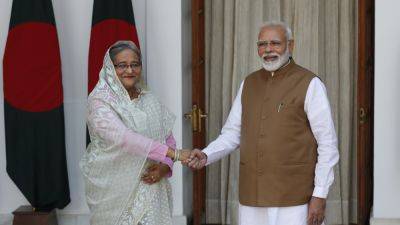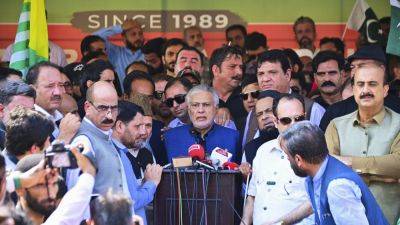Why BJP’s election upset failed to halt the persecution of Muslims in India
Rather than engaging in introspect, authorities in BJP-governed states responded to the electoral setback by inventing novel methods to harass, humiliate and attack Muslims.
Muslims continue to be persecuted in India despite the weakening of the Hindu nationalist Bharatiya Janata Party (BJP), the fountainhead of anti-Muslim hate and violence, in the recently held elections.
The BJP failed to secure a majority and was only able to form a government with support from a number of regional parties which claim to be secular. It was hoped that having a smaller number of MPs in the Parliament of India would chasten the BJP and its new “secular” allies would act as a brake on the party’s anti-Muslim policies.
Just over a month after the formation of the new government, those hopes have already been belied. Authorities in BJP-led states, including the police and civil administration, have started inventing novel methods to harass, humiliate and attack Muslims following the election.
The most recent example is from Uttar Pradesh, the BJP-ruled state that sends the largest number of MPs to Parliament.
Earlier this month, the state police issued orders requiring restaurants and even roadside food carts along a route taken each year by thousands of Hindu pilgrims to put the names of their owners and employees on display boards.
The police claimed the order was given to “help pilgrims” who travel on foot to sacred sites during the holy month of Shravan to avoid buying food from establishments that may be serving items that do not conform with the holy conduct that they have to follow in their pilgrimage.
The states of Uttarakhand and Madhya Pradesh quickly followed suit and issued similar orders, making it compulsory for all their







